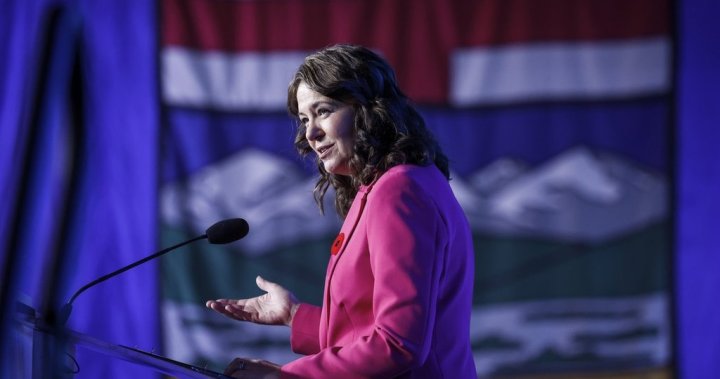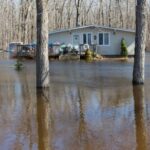The recent announcement about Premier Danielle Smith’s planned airport welcome for G7 leaders has sparked considerable debate across Calgary’s political landscape. As someone who’s covered our city’s politics for over a decade, I can tell you this move represents more than just diplomatic protocol—it signals Alberta’s growing desire for international recognition.
When world leaders descend on Kananaskis Country next June for the G7 Summit, Smith plans to personally greet them at the Calgary International Airport. This ceremonial gesture might seem minor, but it carries significant political weight in a province that has long sought greater global influence.
“This summit represents an unprecedented opportunity to showcase Alberta to the world,” Smith said in a statement last week. Her enthusiasm is understandable—hosting leaders from Canada, France, Germany, Italy, Japan, the United Kingdom and the United States puts our region in a global spotlight not seen since the 2002 G8 Summit, also held in Kananaskis.
I remember covering the 2002 summit as a young reporter. The security measures were extraordinary then, and we can expect even more intensive preparations this time around. Calgary Police Service has already begun coordination with the RCMP and international security teams, with preliminary estimates suggesting security costs could exceed $500 million.
Local business leaders are cautiously optimistic about potential economic benefits. Adam Johnson, President of the Calgary Chamber of Commerce, told me during an interview Tuesday that “while security restrictions will limit some business operations, the long-term tourism exposure and diplomatic connections could prove invaluable.”
Not everyone shares this enthusiasm. Critics, including Opposition Leader Rachel Notley, have questioned the estimated $1 billion price tag for hosting the event. “Albertans deserve transparency about how these funds are being allocated,” Notley stated during question period at the legislature.
The political dynamics here are fascinating. Smith’s government clearly sees the G7 as an opportunity to promote Alberta’s energy sector on the world stage—particularly important given recent tensions with Ottawa over environmental policies. My sources within the Premier’s office suggest Smith is preparing specific briefing materials on Alberta’s oil and gas innovations to share with visiting dignitaries.
Kananaskis Country, roughly 90 kilometers west of Calgary, offers breathtaking Rocky Mountain scenery that will undoubtedly impress international visitors. The venue choice also provides natural security advantages, being relatively isolated compared to urban alternatives.
For everyday Calgarians, the summit will bring both pride and disruption. Significant road closures and security checkpoints will affect daily commutes and access to recreational areas. The Kananaskis Conservation Pass system will be temporarily modified during the summit period, with details still being finalized.
Having covered three previous international summits, I can tell you the security presence will be unlike anything most Albertans have experienced. Expect to see military personnel, specialized security units, and significant airspace restrictions.
Local advocacy groups are already planning demonstrations focused on climate justice and economic inequality—traditional focal points for G7 summit protests. Calgary Police Chief Mark Neufeld has indicated that designated protest zones will be established, though their locations remain undetermined.
The 2002 Kananaskis G8 Summit occurred in a dramatically different geopolitical context—just months after the September 11 attacks. This upcoming G7 arrives amid growing economic uncertainty, climate change challenges, and shifting global power dynamics that directly impact Alberta’s economic future.
Premier Smith’s airport welcoming strategy also reflects complex federal-provincial relations. While Prime Minister Justin Trudeau remains the official host as Canada’s head of government, Smith’s prominent role emphasizes Alberta’s desire for independent recognition on the world stage.
For a province that has often felt marginalized in national conversations, this represents a significant moment. Whether it translates to tangible benefits for ordinary Albertans remains to be seen.
As Calgary prepares for this momentous event, I’ll be watching closely how the Smith government balances local priorities with international diplomacy. After all, in politics as in journalism, the most interesting stories often happen behind the scenes.







